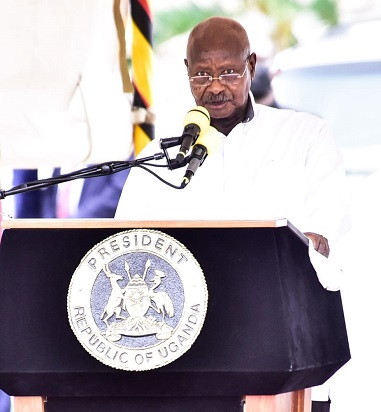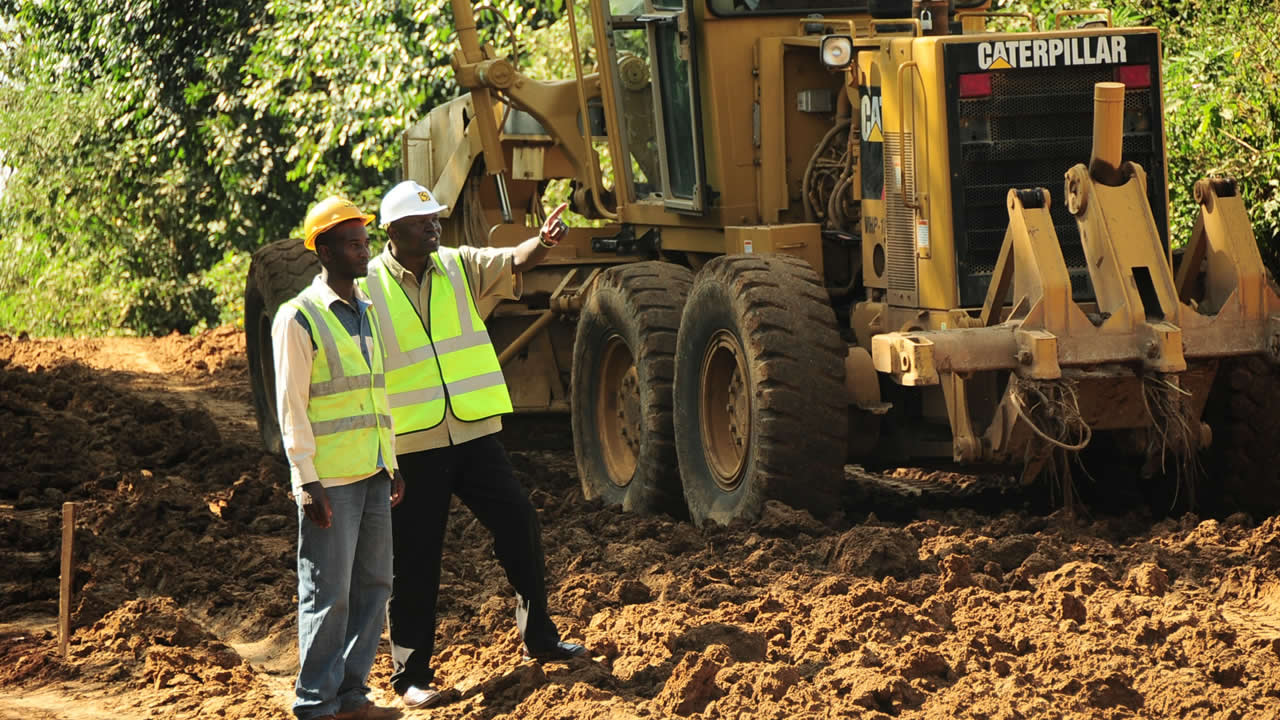President Yoweri Museveni
President Yoweri Museveni has advised headteachers and School Management Committees which are fond of charging learners to bolt out of government institutions and find employment in the private sector.
The president noted that headteachers who keep asking for money from learners in public schools have scared away those who cannot afford to pay, resulting in high dropout rates in the country.
He made the remarks while addressing parliament moments after the reading of the 2022/2023 budget during a session held at Kololo ceremonial ground on Tuesday afternoon.
Although education in UPE and USE schools is free, some children fail to access it because of additional charges especially uniforms, lunch, and PTA (Parents Teachers Association) that are reportedly used to pay allowance to teachers and also meet the remunerations of teachers who are not on the government payroll.
President Museveni, says the act is creating a crisis as a majority of people remain illiterate which defeats the government’s efforts and envisioned goals which were set when the government introduced universal primary education back in 1997.
The president made reference to records by the Uganda Bureau of Statistics, which show that over 62 per cent of learners who enrol in primary schools across the country do not complete the Primary cycle of education. The figures show that 98 per cent of learners drop out of school in the areas of Karamoja.
He further wondered why there has been an average of 10 million learners in primary school over the years but the population in secondary remains stagnant at 2 million or slightly below.
To arrest the situation, Museveni appealed to the Members of Parliament to allocate more resources towards UPE and USE in the next financial year so that all Ugandan children can attain free and compulsory primary and secondary education.
The NRM party promised to scrap all forms of charges in public schools in its manifesto for the 2021 campaign cycle. The Ministry of Education has since instituted a committee which is currently collecting data from the public on how the issue of fees in public schools should be handled.
School authorities have been defending the charges saying that government send inadequate funding to their schools which cannot be used to run the institutions. To solve this, the Ministry of Education and Sports recently increased the capitation grant for several levels of education as one of the ways of improving service delivery in the sector.
For instance, at the primary school level, the capitation grant rate was raised from 7,000 to 20,000 Shillings per learner in the last five years. However, the education sector still has unfunded priorities including the construction of schools in many areas which don’t have any, construction of more classrooms in the existing school, and employing more teachers among others.
-URN






I wonder whether the President takes advice from technical people in the respective ministries to enable him take informed decisions! How does one increase pay for one group of teachers and ignore the rest and yet expect harmony? Even on fees discrepancies, a comprehensive technical analysis needs to be undertaken before any political directives are made.
Most of the public primary and secondary schools charge higher school fees than private schools, yet structures, teachers are facilitated by government. This is quite unacceptable.
If there are charges in public schools, let them go to URA, such that the respective schools make budget requests like other public institutions.